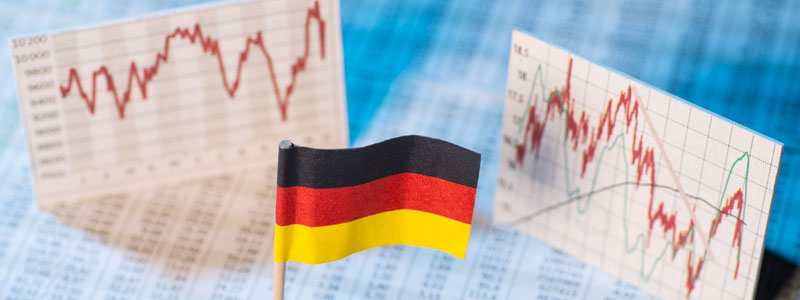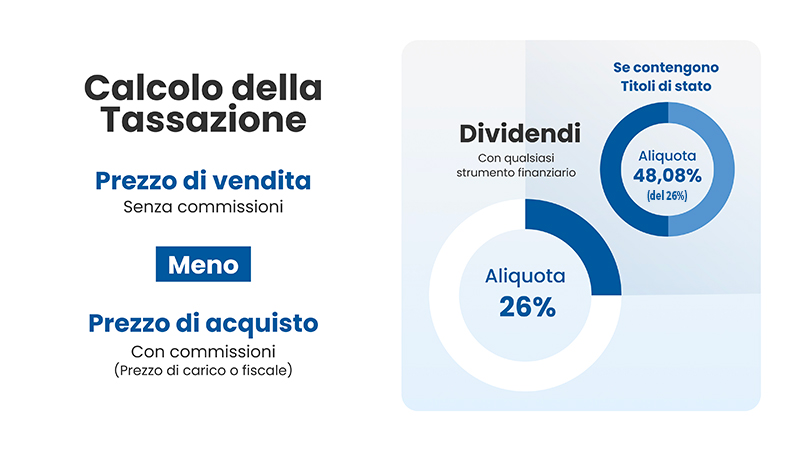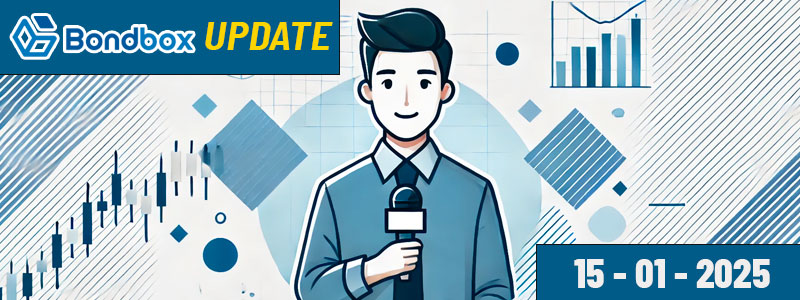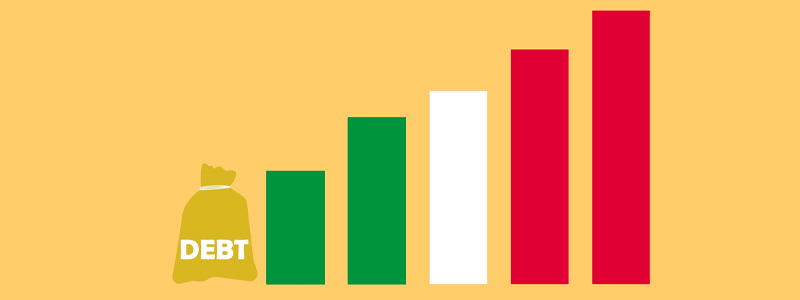
The German market has always been considered one of the pillars of the European and world economy.
With its robust industrial base, highly skilled workforce and effective economic governance system, Germany has established itself as the main economic engine of the European Union. Despite this, the German economy has faced a number of global challenges in recent years, including the COVID-19 pandemic, the war in Ukraine and uncertainties related to global supply chains. Managing inflation, the energy transition, slowing global demand and a shortage of skilled labor are just some of the key issues that will affect the performance of the German economy.
However, with appropriate economic policies and strategic investments, Germany has the resources to overcome these challenges and continue to play a leading role in the global economy.
1. Inflation and monetary policy
Inflation has been one of the central themes of the global economy in 2023, and Germany has been no exception.
Consumer prices have risen to unprecedented levels in recent decades, driven mainly by rising energy costs and the disruption of supply chains caused by global crises.
Although inflation tends to slow, the annual rate remains high, and this is something that continues to worry consumers and businesses alike. To counter inflation, the European Central Bank (ECB) has adopted a policy of raising interest rates.
Germany, with its export-oriented economy and heavy reliance on international markets, could suffer from the side effects of these measures.
Higher interest rates, in fact, could curb private investment and reduce demand for consumer durables, crucial sectors for German industry. In the coming quarter, the ECB is expected to maintain a restrictive monetary policy to contain inflation, but the German economy may face a dilemma: continue to suffer from the high cost of living or face a possible economic contraction caused by high interest rates?
2. Energy sector and green transition
The energy crisis, exacerbated by the war in Ukraine and reduced Russian gas supplies, has had a significant impact on the German economy.
Germany has faced the risk of energy blackouts and an exponential increase in costs for businesses and households.
However, the German government has responded with a series of measures to diversify energy sources, focusing on alternative supplies and accelerating the transition to renewable energy. In the coming quarter, energy supply challenges will continue to affect the German market.
Winter is a critical period for energy consumption, and if Germany can keep supplies stable, the impact on businesses could be mitigated.
At the same time, the German government is accelerating the transition to green energy, with significant investment in renewable energy, especially wind and solar.
It is expected that, in the medium term, this transition will not only make Germany less dependent on energy imports, but also create new opportunities for economic and job growth. The green transition also entails high costs in the short term, particularly for industrial companies that need to adjust their production processes.
Therefore, one of the key issues for the next quarter will be thebalance between the need to address the energy crisis and the push for sustainability.
3. Exports and slowing global demand
The German economy is heavily dependent on exports, especially in the automotive, chemical and machine tool sectors.
In recent months, the slowdown in global demand, particularly in China, one of Germany’s major trading partners, has posed a challenge to Germany’s export sector. The forecast for German foreign trade in the latter part of 2024 remains uncertain.
On the one hand, the weakening of the euro against the dollar could favor German exports to non-EU markets.
On the other, however, global economic uncertainty and slowing growth in many emerging markets could limit demand for German goods.
Germany will therefore have to find new market opportunities and diversify its exports to offset the possible reduction in demand from traditional trading partners.
4. Labor market and demographic challenges
The German labor market has traditionally been one of the strongest in Europe, with low unemployment rates and high skill levels among the workforce.
At this time, Germany faces a significant demographic challenge: the population is aging, and the active labor force is shrinking.
This problem is already manifesting itself in various sectors, where the shortage of skilled labor is becoming an obstacle to growth. It is expected that Germany will continue to implement policies to attract skilled workers from abroad and invest in training its domestic workforce.
Unfortunately, these policies take time to show their effects, and in the short term, many sectors may continue to suffer from labor shortages.
5. Prospects for growth and supportive policies
Despite the many challenges, the German government remains optimistic about the prospects for economic growth.
Several business support plans have been announced, including tax incentives and financing programs to encourage investment in innovation and sustainability.
These efforts are part of a broader strategy to make the German economy more resilient in the face of future crises and to ensure its long-term competitiveness. In the coming quarter, the government’s role will be crucial in ensuring that the economy does not contract significantly.
New economic stimulus packages are expected to be introduced to support businesses most affected by rising energy costs and reduced global demand.
In addition, the government will continue to promote the transition to a greener and digitized economy, seeking to balance economic growth and sustainability.






